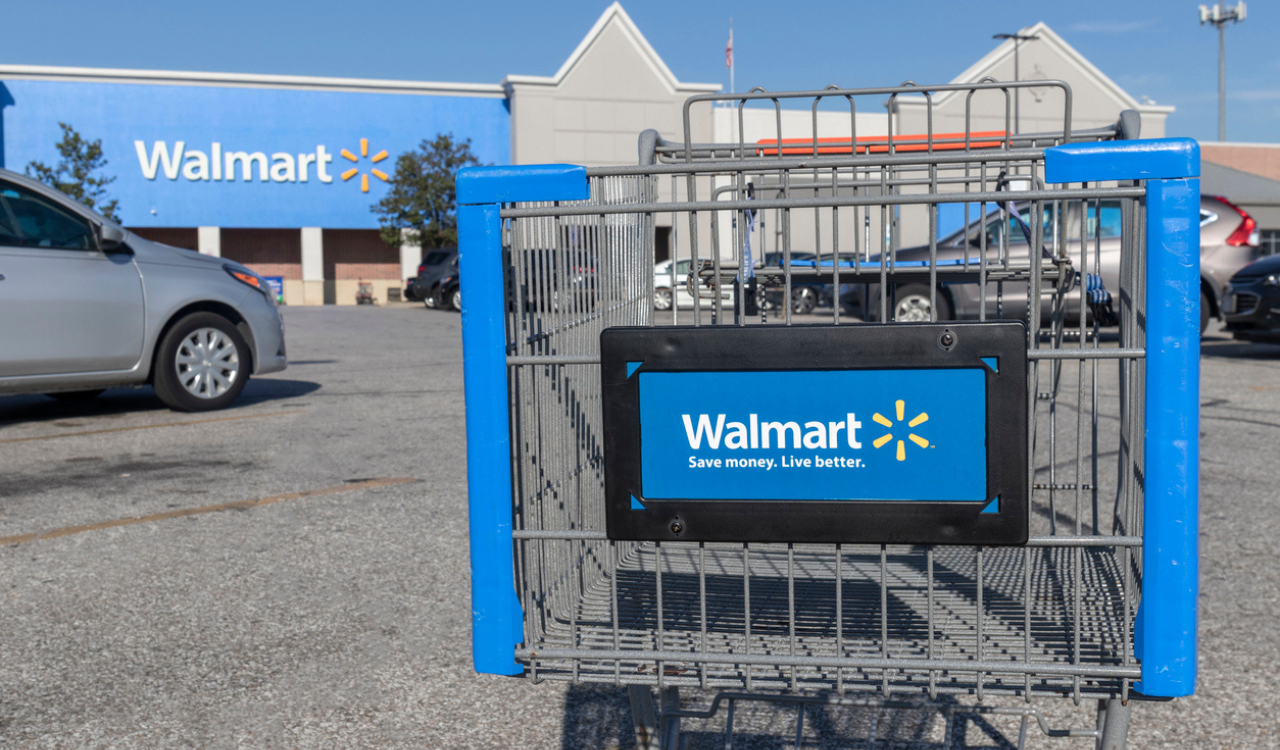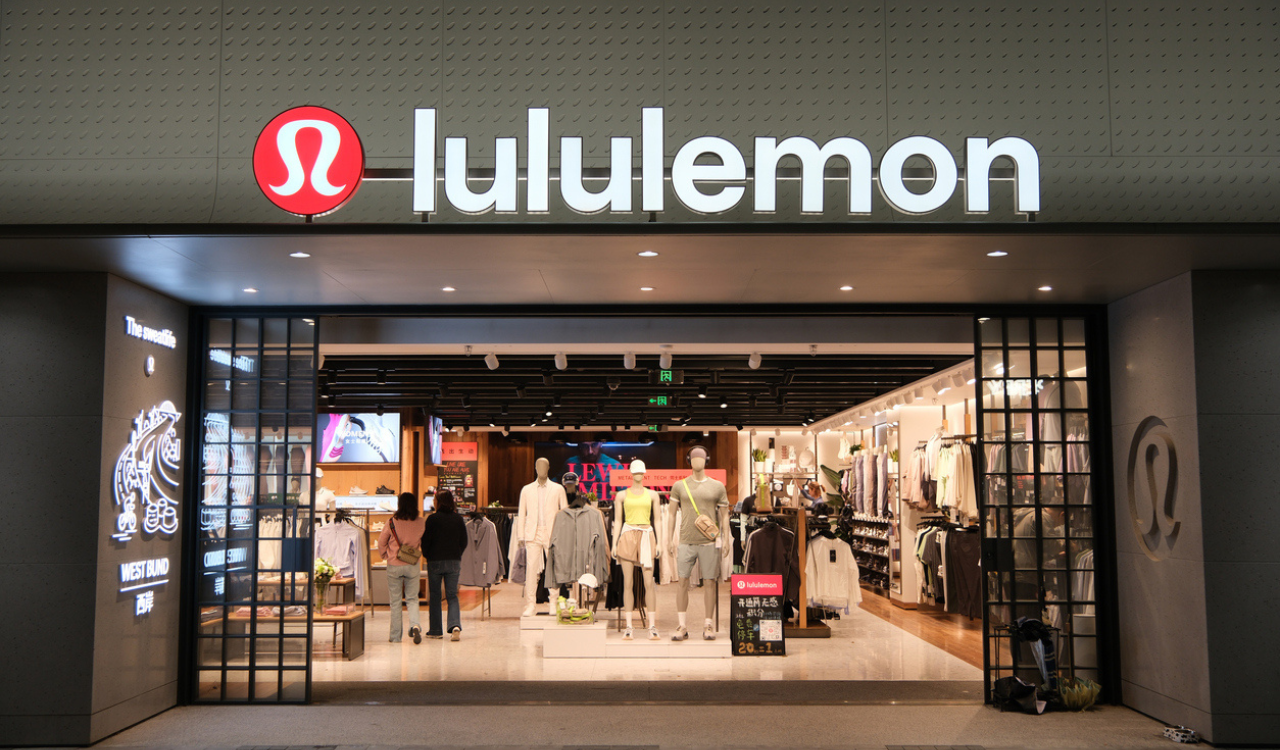Like all strategic transformations, it requires enlightened leadership, major capital commitment, dedicated resources, innovative initiatives, and extreme focus matched with a high level of strategic agility to meet the demands of a very complex market and massive shift in consumer demand. REI, a Robin Report 2021 Retail Radical, in partnership with SAP, has these hallmarks in spades.
REI has a heart and soul rooted in its authentic, communal culture that grew exponentially to its superior position today. Jim Whittaker, the first American to summit Mount Everest in 1963, was hired as the first full-time employee of REI in 1955 and went on to be its CEO throughout the 1960s. REI has always been authentic and true to its core mission.
From nothing more than a shelf in the Puget Sound Cooperative Store, a 1938 farmer\’s co-op near Pike Place Market in Seattle, Mary and Lloyd Anderson launched REI (Recreational Equipment Inc.) as a consumer co-op. REI initially focused on mountaineering gear, and the brand grew to 165 retail stores in 39 states in. The REI cooperative (roughly defined as a business that\’s owned not by shareholders but by members) is the largest in the U.S. In addition to its stores, sales are driven by mail-order catalogs and the internet, REI sells sporting goods, camping gear, travel equipment, and clothing. It also offers services such as outdoor-oriented vacations and courses.
A Life Well Lived
REI has a heart and soul rooted in its authentic, communal culture that grew exponentially to its superior position today. Jim Whittaker, the first American to summit Mount Everest in 1963, was hired as the first full-time employee of REI in 1955 and went on to be its CEO throughout the 1960s. REI has always been authentic and true to its core mission.
To this day everything REI does is rooted in the idea that \”an outdoor life is a life well lived.\” And since it is a co-op not beholden to Wall Street, it is in the business of solely pleasing its owners (read: its customers), all of whom live the outdoor life. REI has an incredibly unique position with brand loyalty off the charts. Furthermore, because customers and REI employees spend a significant amount of their time in natural places, preservation and sustainability are core values that resonate across their stakeholders.
True to Its Mission
REI was the first U.S. retailer to close its doors on Black Friday in 2015, even though it was one of their top ten days for annual sales. The purpose was to encourage consumers and employees to spend time outside. Its business didn’t skip a beat, other than cementing the almost cult-like loyalty of its consumers/owners. And it continues to this day.
CEO Eric Artz continued to embody REI\’s core values of people and planet over profit when the pandemic upended the retail landscape. Artz decided to temporarily close all of REI\’s stores beginning on March 16 to keep employees and customers safe. REI continued to pay employees after the stores closed and offered customers free shipping on all ecommerce purchases. The stores didn\’t begin to reopen until two months later, making REI one of the first retailers to close and one of the last to reopen.
Despite the store closures (and capacity limits that continued for the rest of the year), REI generated $2.75 billion of revenue during the pandemic year of 2020. And while it didn\’t earn a profit, the co-op continued its charitable work, giving $6.3 million to over 400 nonprofit partners. REI quickly rolled out curbside pickup and virtual outfitting services last year to better serve customers during the pandemic. The co-op also doubled down on its commitment to sustainability by encouraging customers to take advantage of its growing selection of used gear and trade-in programs to reduce waste. In a similar vein, REI sold its just-completed corporate campus to Facebook, pivoting towards a focus on remote work, supplemented by satellite offices throughout the Puget Sound region. This move will reduce its carbon footprint, and it also brought in a $390 million windfall that REI will use for customer-facing investments and other carbon-reduction measures.
“Always passionate about getting people into the outdoors, REI’s authenticity continues to drive deep loyalty across its members. REI cared about sustainability long before ‘re-commerce’ became a buzzword and continues to help their customers experience new adventures while leaving the smallest carbon footprint possible. REI is a hallmark for customer-focused retailing and well-deserved recipient of the 2021 Retail Radical award,” says Matt Laukaitis, EVP and Global GM, SAP Consumer Industries.
For all of these reasons and many more, The Robin Report is recognizing and awarding REI as a 2020 Retail Radical.




